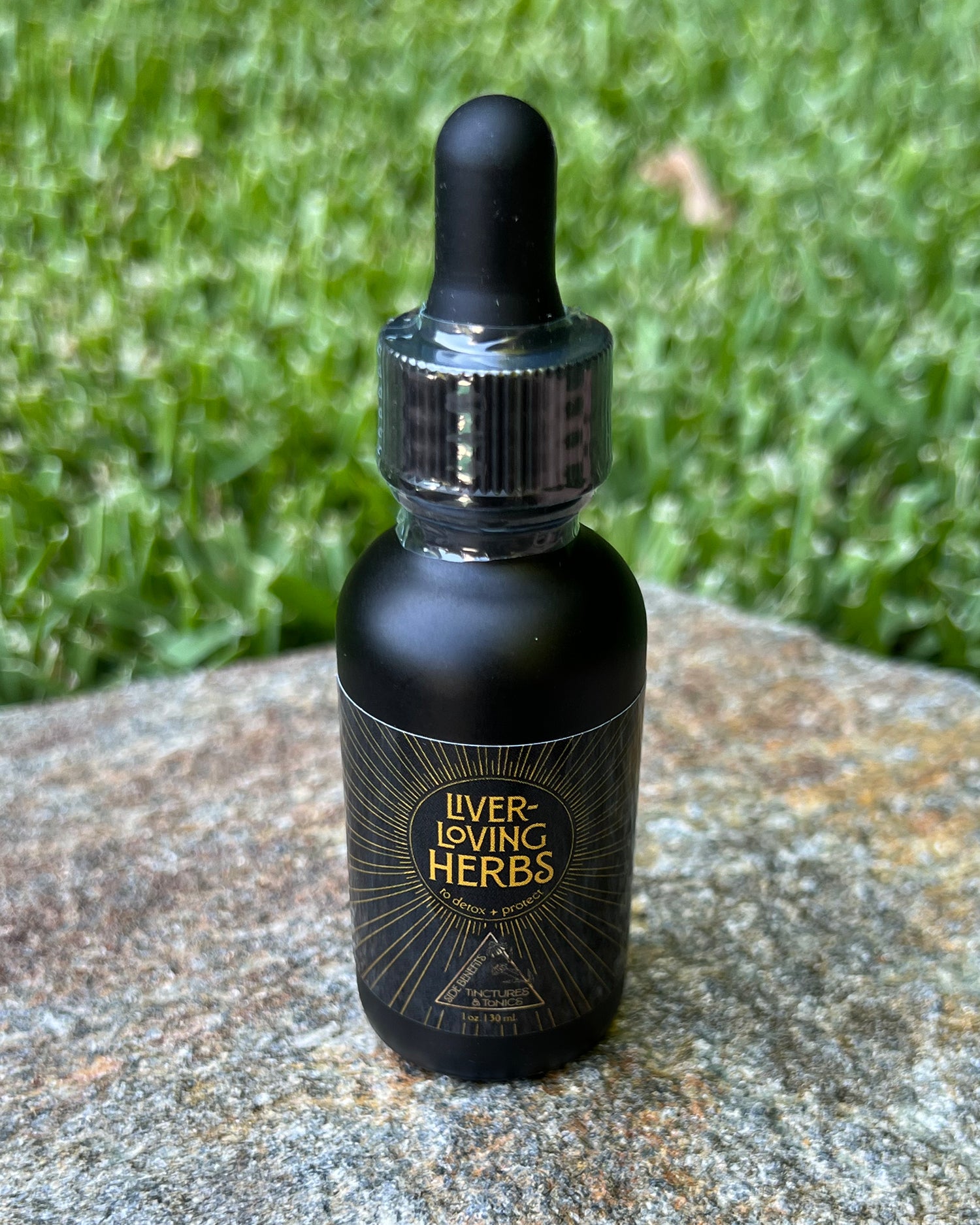What is “the Flu?”
Influenza—aka “the Flu”—is an unpredictable, highly contagious virus that can strike anyone at any age. The flu is rarely dangerous in healthy adults sixty-five years of age or younger, but it does make everyone more susceptible to upper respiratory infections because the virus enters the body’s airways through mucous membranes in the nose, eyes and mouth. Older people, those with autoimmune diseases, weakened immune systems or those with chronic conditions—heart or lung disease—are at the highest risk. We all catch the flu the same way though — when an infected person coughs or sneezes in our immediate vicinity.
What is the Immune System?
The immune system is a complex collaboration of organs and glands—and their functionality—that continuously protect the body from microbial and cancerous attack. Not to get too ‘sciency,’ but the immune system is composed of lymphatic vessels and organs (thymus, spleen, tonsils and lymph nodes), white blood cells (lymphocytes, neutrophils, basophils, eosinophils, monocytes, etc.), specialized cells such as macrophages and mast cells, and specialized serum factors. While there are many things we can do to boost our immune system — 70-80% of which resides in our gut — there is absolutely no ‘magic pill.’ By keeping our immune system healthy, we will have the proper tools (weapons?) needed to mount a strong defense on any flu-related infections so we’ll heal faster. So, if our immune systems reside in the gut and our best defense is a strong immune system, it follows that we need to be mindful of what we put in our bodies and ensure our digestion is functioning properly so that we can ABSORB nutrients and put them to use.
What Suppresses the Immune System?
Immune function is adversely affected when we don’t provide the body with essential nutrients. You might be thinking, “but I take a multivitamin, so I’m good, right?” While multivitamins prevent us from becoming deficient, they don’t have the same effect on the body as nutrients obtained from a nutrient-dense, properly prepared, whole foods diet. One trip to the Farmer’s Market won’t cut it either — you need to ensure your digestive system is able to break down foods so that the body can absorb the nutrients the food contains. Stomach acidity, pancreatic sufficiency and a balanced microbiome all play a part here as do the presence of other nutrients and nutrient inhibitors. We are—quite literally—what we are able to absorb.
If you feel you might be exposed to—or susceptible to—the season flu virus, limit sugar, dairy, refined flour, processed food and alcohol intake, which can weaken the immune system. This is also true for grains, which are highly inflammatory, and require our immune system to respond to the resulting intestinal permeability (aka “leaky gut”) which lessens its ability to fight off other infections.
What Boosts the Immune System?
In addition to managing stress, getting plenty of sunlight, enjoying life and getting plenty of exercise and quality sleep, focus on foods and supplements that both boost immunity and nourish the digestive system. Bone broth is a healing food rich in glycine and gelatin which supports digestive health. Drink several cups a day as needed during sickness. Look to incorporate more soluble fiber and antioxidants which are found in leafy greens and non-starchy veggies. Choose quality protein (wild caught and pasture raised) in adequate amounts.
Herbal teas such as astragalus, black cherry, olive leaf, slippery elm, pau d’arco, echinacea, goldenseal (not for more than a week, though), ginger and yarrow tea can boost immune function (while keeping you hydrated = BONUS). For an active infection, combining any of these with peppermint tea will help open up nasal passages. Cat’s claw has also been used to reduce the duration of the flu. Elderberries are high in antioxidants and have antiviral properties and can reduce flu symptoms because of naturally occurring anthocyanins (type of flavonoid) that are also found in other deeply pigmented berries like blueberries and blackberries. Garlic also contains compounds that help the immune system fight germs too, so chop it up and add to everything!
SIMPLE PREVENTION TIPS
- Stay hydrated by adding electrolytes to water
- Avoid sugar, alcohol & refined flour
- Spend time in the sun—even just 10 minutes—with skin exposed
- Get plenty of sleep
- Smiling & laughing boosts your immune system. Negative emotions suppress immune function
- Don’t touch your face with unwashed hands
- The CDC advises it takes 20 seconds of washing to thoroughly clean our hands of germs
- Always cover your mouth & nose with a tissue when you cough or sneeze. Or do the elbow cough
- Wipe down phone, iPad & keyboard daily. Don't share these with others
- Traveling? Stop using your phone for a boarding pass & go back to a printed one, to avoid many common un-sanitized surfaces
- If you’re sick, swap out your toothbrush regularly as they harbor viruses
- Exercise—unless you have a fever—boosts your immune system & speeds recovery. Moving around also helps to loosen built-up mucus & fluids
- If you are sick, stay home & rest
- If you are over 65, see your healthcare provider if you suspect you have the flu
IMMUNE SYSTEM SUPPORT
- Vitamin A is immune-enhancing and has been shown to potentiate antibody responses to T cell-dependent antigens, increase lymphocyte proliferation responses to antigens and mitogens, inhibit apoptosis, and restore the integrity and function of mucosal surfaces
- B Vitamins support the immune system because deficiencies reduce the production of white blood cells
- Vitamin C improves resistance to the flu and studies show that individuals with high intakes of vitamin C have lower risk of a number of chronic diseases, including heart disease, cancer, eye diseases, and neurodegenerative conditions
- Vitamin D is extremely important in protection against viral or bacterial upper respiratory infections
- Vitamin E has been shown to enhance antibody production and cell-mediated immunity
- Zinc serves a vital role in many immune system reactions
- Selenium increases the activity of natural killer cells
- The herb Astragalus has been found to be particularly useful in cases in which the immune system has been damaged
- Functional mushrooms Cordyceps, Maitake, Shiitake and Reishi help fight viral infections because of beta-glucans (type of polysaccharide that stimulates immune cells)
- Oscillococcinum is a homeopathic remedy that works very well if taken at the first signs of the flu
- To order my recommended supplements, contact me so I can add you as a client.
What’s Best for MY Body?
There is no one-size-fits-all solution for everyone. Prevention plans should always take the individual person into consideration — including age, current health concerns and lifestyle. What may be appropriate for one person may not be for another and as a Functional Nutritionist, I’m trained to assess the biochemical needs of each individual and recommend dietary adjustments, which are almost always different for each person.
A note about flu shots — I do not recommend them, in general. Their usefulness is questionable and the side effects may be worse that the flu would be. Supporting immune function is preferable—and safer—and has many, many more side benefits!






